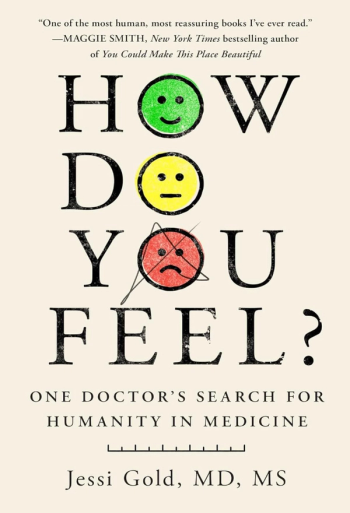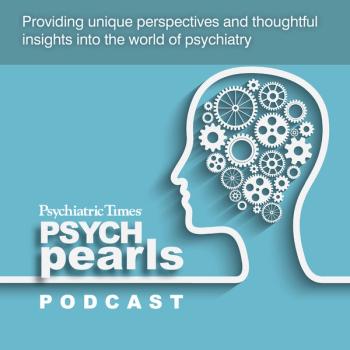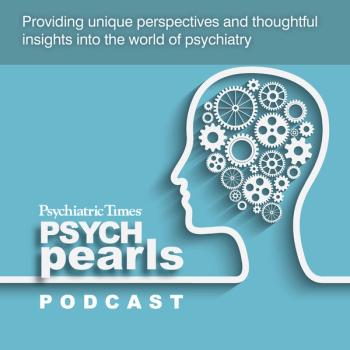
COVID-19
Latest News
Latest Videos

Podcasts
CME Content
More News

A single dose of psilocybin was associated with a significant and sustained reduction in depressive symptoms and possible improvement of PTSD and burnout experienced by clinicians from the front line of the COVID-19 pandemic.

The impacts of this pandemic continue to ripple. All we can do is try our best to stay informed. That’s where we come in.

Celebrate Psychiatric Times’ 40th anniversary with a look back at some of our previous covers.

Celebrate Psychiatric Times’ 40th anniversary with a look back at some of our previous covers.

Celebrate Psychiatric Times’ 40th anniversary with a look back at some of our previous covers.

How should clinicians approach loneliness in elderly patients, and how can technology assist in treatment?

Jessi Gold, MD, MS, writes about the emotional challenges of healthcare during the COVID-19 pandemic. Through patient stories and her own reflections, she uncovers what happens when clinicians are asked to "feel."

Festina lente—hurry up and slow down!

Does reduced blood monitoring impact the detection of hematological abnormalities in clozapine-treated patients? Researchers performed a chart review study from the COVID-10 pandemic.

What is the best treatment course for prolonged grief disorder?

How does isolation for a typhoon compare with COVID-19 isolation?

Children are subject to the world’s largest biosocial experiment.

How can we mitigate climate issues without harming working Americans?

Psychiatrists may wish to engage the primary care team to conduct a comprehensive case formulation that takes cultural factors into account.

What is new in research on posttraumatic stress disorder?

The suicide rate in the United States recently reached its highest peak since 1941.

From a groundbreaking FDA approval to the hidden toll of COVID-19, here are highlights from the week in Psychiatric Times.

How has COVID-19 affected your patients of all ages? One psychiatrist weighs in.

What is new in research on COVID-19?

It has been 4 years of COVID-19. Are we in a better spot now than we were then?

What is new in research on child and adolescent psychiatry?

Approximately 4 years of COVID-19…

What is new in research on eating disorders?

What is new in research on depression?

What is new in research on clinician wellness?





















